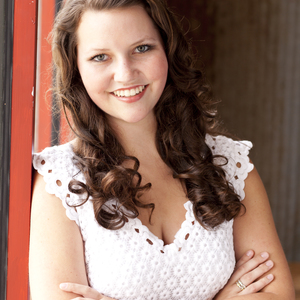So you want to know more about wine? Well, you’re definitely in the right place. Whether it be the finest wine from a small orchard in the valleys of Northern California or your go-to bottle of Barefoot Moscato, you likely have a wine that is always on your over-priced bar cart with all the glasses necessary to entertain guests or just you and your animal companion. If you’re not a wine expert (like I think I am), then these tips and facts will get you well on your way to being the perfect wannabe sommelier.
1. Types of Wine, Grapes, and Varietals

There’s more than red and white people, so please at least take that away from this article. Top whites and reds are what you are going to see more often than other types. Top whites are Chardonnay, Riesling, Pinot Grigio, and Sauvignon Blanc. Top reds are Merlot, Cabernet Sauvignon, Pinot Noir, and Chianti. This is only the tip of the iceberg, my friends.
There are about a million more varieties of wine, but luckily you don’t have to know every one to show off your mad skills. Just know the basics and please know the difference between a Pinot Grigio and Pinot Noir (Hint: it’s the color). Also, white wines usually pair better with white meats (chicken and fish), and red wines pair better with red meats (steak and lamb).
2. The Nose

Well you have one, but guess what? Your wine does too. Crazy, right? This is the technical term for the smell of the wine, and top-level sommeliers (wine experts) can tell you exactly what grape and region some wines come from just from the smell. Suddenly your flawless perfume ID skills seem mediocre AF. This takes years of practice, but to seem impressive all you have to do is smell the wine in front of your average friends and you’re an instant expert (in their eyes, at least).
3. The glass

I’m guilty of not using proper etiquette and drinking wine out of a coffee mug (dishwasher was full). However, you’ll need to know the proper glasses if you want to seem fancy. I hate to say it, but just like the multitude of wines out there, there are just as many glass types. However, you don’t necessarily need all of them.
My biggest tip for wine glasses is the glasses with a bigger bulb are typically for red, and smaller bulbs are for white. Stemless glasses are better with red and stemmed glasses are better with white. My favorite brand of wine glasses is Riedel. They have a lightness and thinness to them that makes me feel #flawless.
4. Temperature

Believe it or not, temperature matters when it comes to wine. Actually, it matters a ton. Red wine should be at room temperature when you are drinking it, and it is better when you let it breathe for a bit (open it and don’t drink—crazy, right?). A stemless glass is better for red wine so you can hold it and keep it at room temperature. However, a stemmed glass is better for white wine to keep it more chilled. All you need to do is hold the stem, and the wine will stay at a better temperature so you can enjoy it much better.
5. Finishing

If you really want to know wine and appreciate what it is, try as much as you can. Don’t just drink it for the alcohol in it, but drink it for the taste and what makes it an art form. Making wine is not easy, and understanding the process takes time. So please take your time, because it is a beautiful process.


